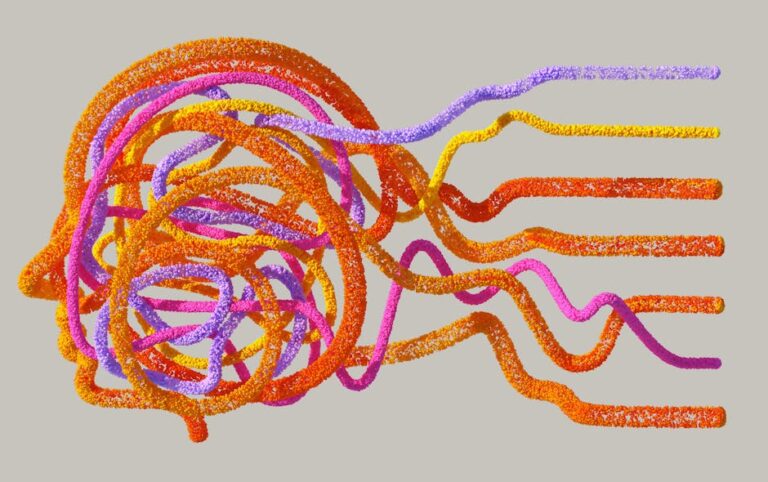Normal Pressure Hydrocephalus (NPH): Understanding Symptoms, Diagnosis, and Treatment Options
Normal Pressure Hydrocephalus (NPH): Understanding Symptoms, Diagnosis, and Treatment Options Normal pressure hydrocephalus (NPH) is a neurological condition characterized by an abnormal buildup of cerebrospinal fluid (CSF) in the brain’s ventricles. Unlike other forms of hydrocephalus, NPH doesn’t necessarily involve elevated CSF pressure. This seemingly paradoxical condition can lead to a range of debilitating symptoms,…







